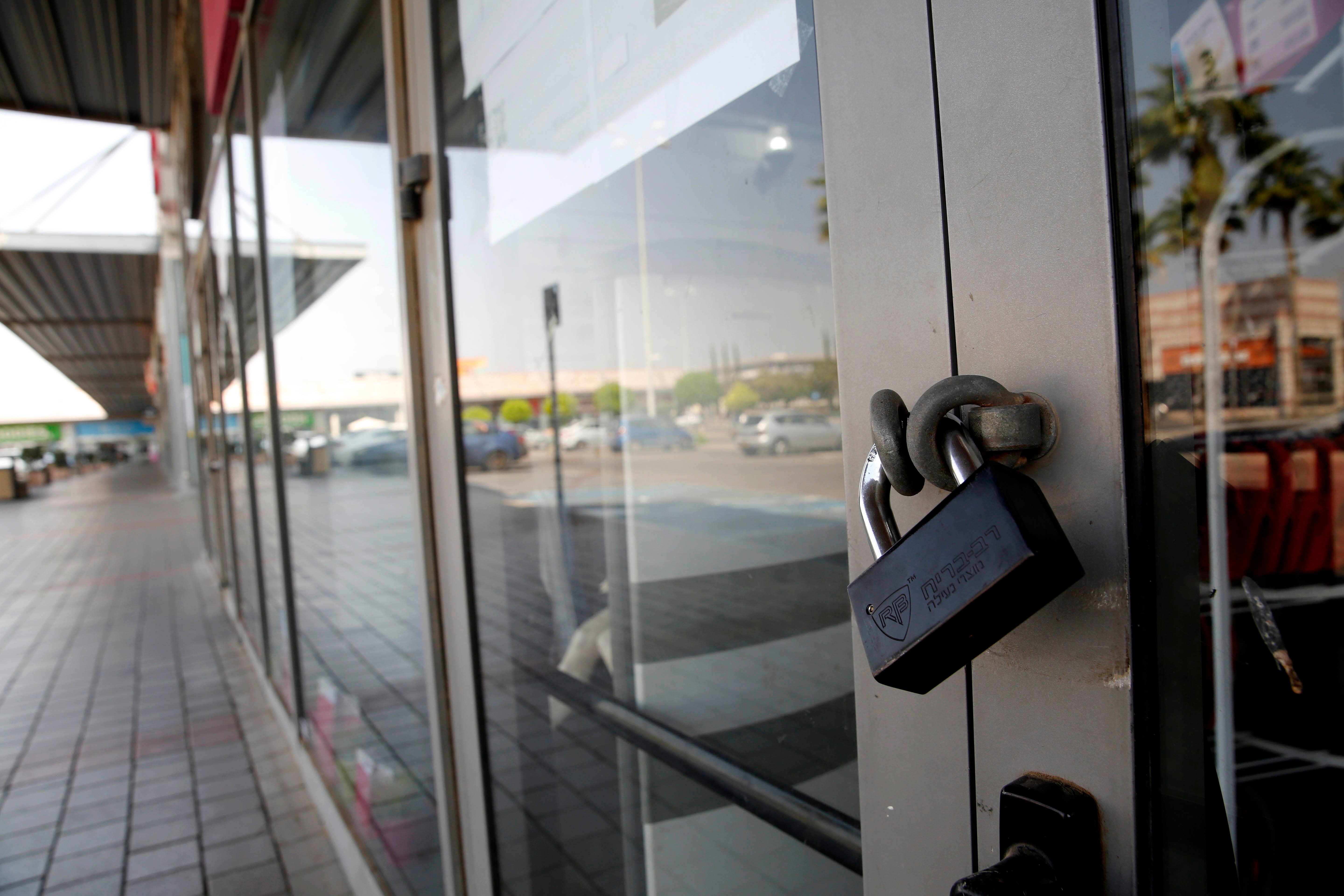Landlords still chasing hospitality tenants for unpaid pandemic rent
Landlords are still pursuing County Court Judgments (CCJs) demanding rent from hospitality tenants for the periods in which they were mandated to close due to the pandemic, according to UKHospitality chief executive Kate Nicholls.
Nicholls gave evidence to MPs earlier today (7 December) on the impact of rent debt on the sector’s recovery and the Commercial Rent (Coronavirus) Bill, which is designed to help resolve debt through a new Code of Practice and binding arbitration in England and Wales.
Commercial tenants are protected from eviction until 25 March 2022 while parties negotiate how to share the cost of rent debts caused by the pandemic. From 25 March, the Bill is planned to establish a legally-binding arbitration process for commercial landlords and tenants who have not been able to reach an agreement.
Since 10 November 2021, the government said it would protect commercial tenants from debt claims, including CCJs, High Court Judgements and bankruptcy petitions issued against them in relation to rent arrears accrued during the pandemic.
However, Nicholls told the committee this morning that landlords were continuing to table and start CCJ processes, which was a “particular cause for concern”.
She told the MPs: “We would want to see direction to courts to stay all of those proceedings to avoid unnecessary costs to businesses in having to defend cases that shouldn’t have been brought.”
CCJs are issued in England and Wales when people fail to repay money they owe. No enforcement action can be taken as a result, but they can damage the reputation and credit rating of a business, leaving some feeling they have no choice but to pay.
Nicholls said the announcement last month that the government would be legislating on the matter was “a further nudge” to push tenants and landlords to reach a resolution on the treatment of rent debt and ongoing liabilities before legislation kicks in.
Prior to the announcement, around one third of hospitality tenants had not been able to reach a solution with their landlords – following the announcement, this dropped to around 20%.
However, said Nicholls, “that still leaves about one in five that haven’t got any form negotiated settlement yet”.
She said: “You have a small number of businesses that have been directly affected and continue to be directly affected – that’s why this legislation is so important, because without it you would have an unsustainable rent debt that would be borne by a small number of tenants that would undoubtedly result in damage to their business in their businesses becoming unviable or an impact on jobs, growth and investment going forwards.
"The legislation remains vital to provide that extended protection and to provide a negotiated solution for the remaining businesses that are unable to negotiate that themselves.”
Photo: Shutterstock
















